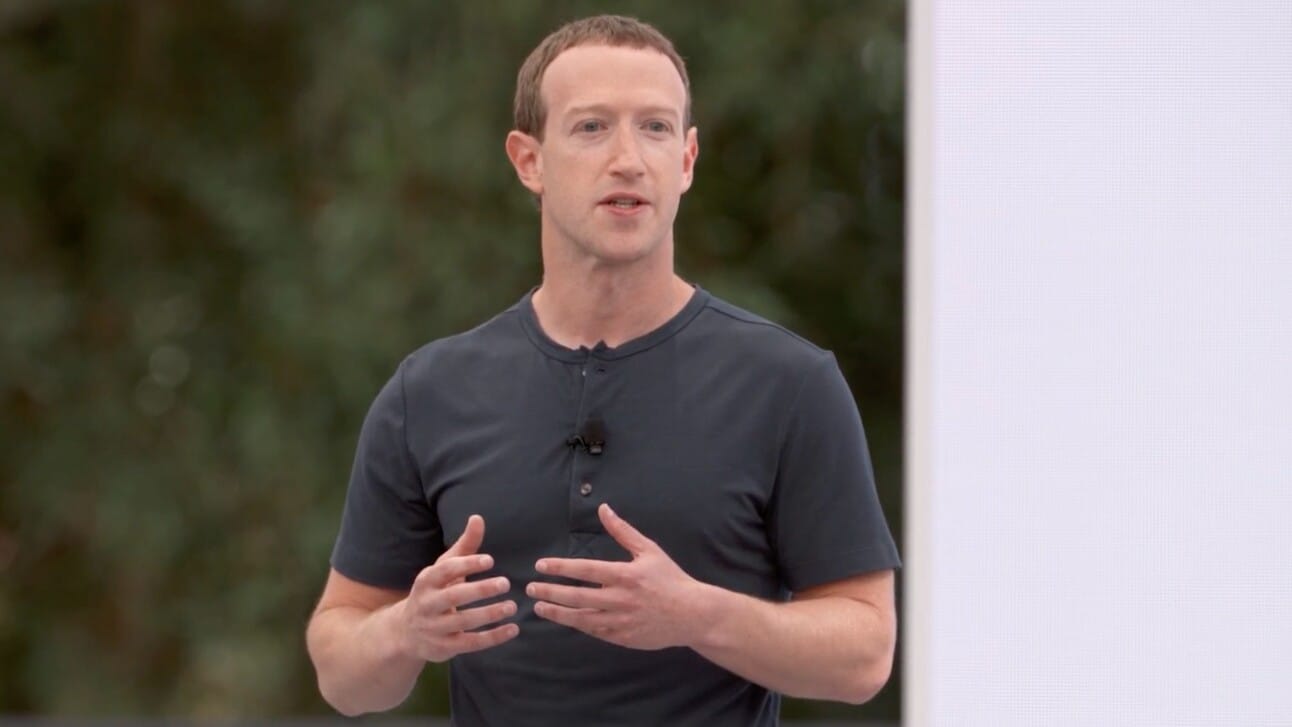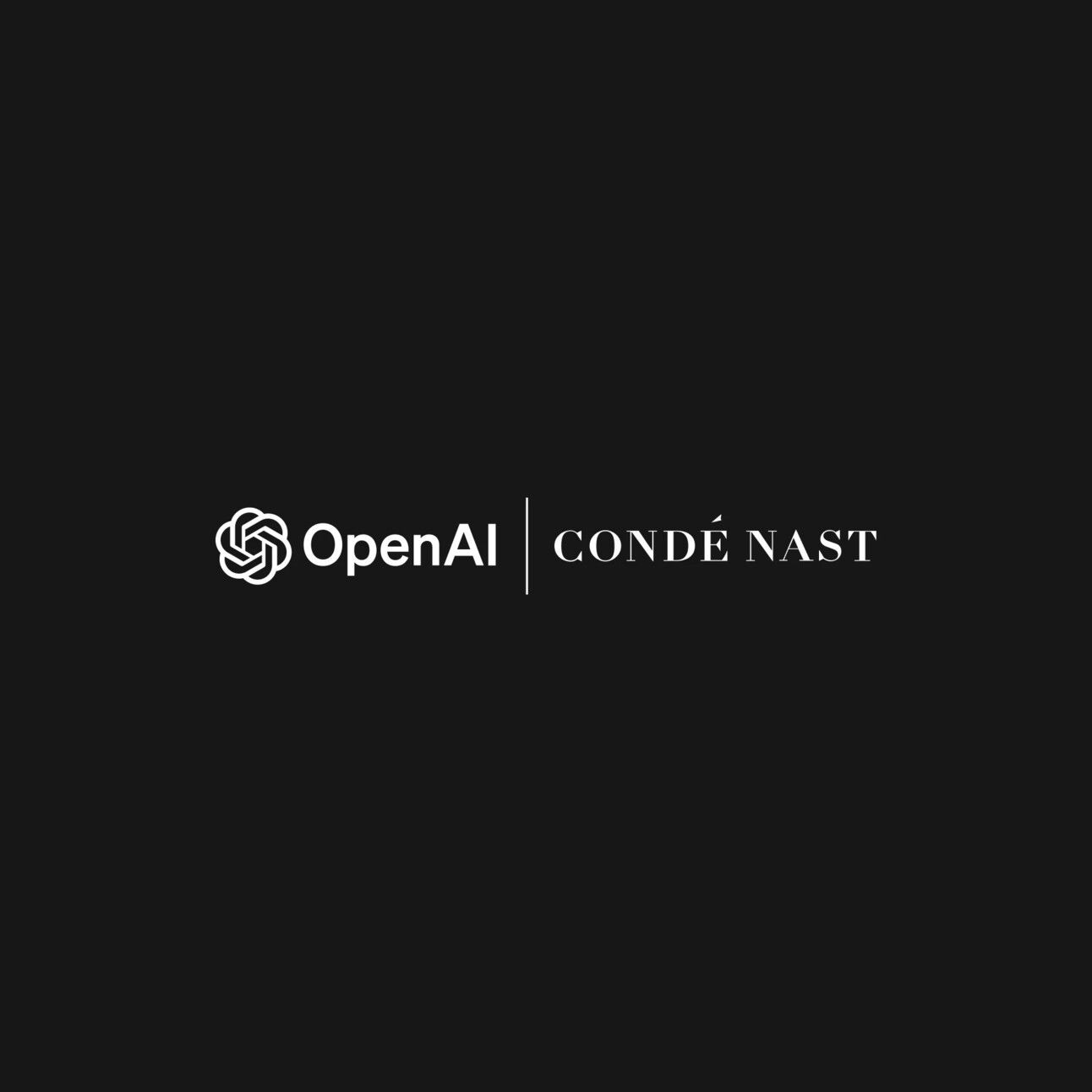- AI Weekly Insights
- Posts
- AI Weekly Insights #43
AI Weekly Insights #43
Regulatory Battles, News-Driven AI, and Procreate’s Stand
Happy Sunday,
Welcome to AI Weekly Insights #43! This week, we’re diving into regulatory battles in Europe, strategic partnerships shaping the future of news, and a bold stance on generative AI from Procreate. Whether you're curious about regulations influencing innovation or intrigued by how creative tools are evolving, there's something here for everyone.
Let’s get into the insights and explore together!
The Insights
For the Week of 08/18/24 - 08/24/24 (P.S. Click the story’s title for more information 😊):
What’s New: Meta and Spotify have released a joint open letter addressing the challenges posed by the European Union's regulatory landscape on AI.
Open-Source AI: The tech giants argue that the current fragmented and complex regulations are stifling innovation and emphasize the transformative potential of open-source AI for Europe. They note that open-source models, like Meta’s Llama, are crucial for democratizing access to AI technology and ensuring that Europe doesn’t fall behind other regions in AI development. They warn that Europe’s risk-averse and inconsistent regulatory approach is creating significant barriers for businesses and developers.
Why It Matters: This isn’t just another case of tech companies clashing with regulations, it’s part of a broader ideological battle within AI. On one hand, there are those who firmly believe in the need for regulation, like the EU with its AI Act, which we’ve covered in previous newsletters. On the other hand, companies like Meta advocate for open-source AI as the future of innovation. Their stance contrasts sharply with closed models like ChatGPT and Copilot, highlighting a fundamental divide in how AI should evolve. While Meta and Spotify’s appeal is compelling, it’s unlikely to sway the EU’s regulatory stance. The strong commitment to a cautious approach, prioritizing regulation over the rapid adoption of new technologies, remains. This letter adds another layer to the ongoing debate, showing that AI is as much about governance as it is about technology.

Image Credits: Meta
What's New: OpenAI has announced a partnership with Condé Nast to integrate content from top brands like Vogue, The New Yorker, GQ, Vanity Fair, and more into its products.
SearchGPT + ChatGPT: With the introduction of SearchGPT, OpenAI is testing new features that make it easier to find information from trusted content sources. By combining conversational AI with web-sourced information, SearchGPT aims to deliver answers with clear attributions and direct links to news stories. Feedback will play a crucial role in refining these features, which are expected to be integrated into ChatGPT in the near future.
Why It Matters: This move is significant for several reasons. First, it ensures that the content used in AI interactions is sourced from credible publishers. Second, it provides a model where publishers are compensated for their work, which is crucial as AI begins to play a larger role in news consumption. It’s a win-win: users get reliable information, and publishers receive due credit and payment for their content. As AI continues to evolve, partnerships like this will likely become the norm. With big names like the Associated Press and TIME, OpenAI is positioning itself as a major player in the future of news delivery.

Image Credits: OpenAI
What's New: Procreate, a popular iPad design app, has taken a bold stance by vowing never to introduce generative AI features into its products.
Procreate + Gen AI: CEO James Cuda reinforced this position with a blunt statement, saying, “I really hate generative AI,” in a video posted on X. The company’s decision comes at a time when many digital art platforms are rapidly integrating generative AI into their tools. The app’s refusal to follow the trend has resonated with many digital artists, who have praised the company for prioritizing human creativity over technological convenience.
Why It Matters: Procreate’s rejection is a significant move in the ongoing debate over AI’s role in the creative arts. It highlights a growing divide: on one side, companies like Adobe are integrating AI to enhance user experiences, while on the other, Procreate champions the idea that art should remain a fundamentally human endeavor. This stance taps into a broader conversation about the ethics of AI in creative fields. Generative AI has been criticized by many who argue that the technology is built on the appropriation of existing artworks. Yet, others argue that AI offers opportunities for creativity and the democratization of art. For Procreate, the decision to avoid generative AI may endear it further to its core user base, who value the app for its focus on empowering human creativity. However, as AI continues to evolve, it remains to be seen whether this stance will prove sustainable in the long term.
Your enthusiasm and curiosity drive our exploration through AI's rapidly evolving landscape. I look forward to your insights, questions, and assistance in spreading our discoveries with the AI community.
Until next Sunday, keep exploring and stay engaged!
Warm regards,
- Kharee